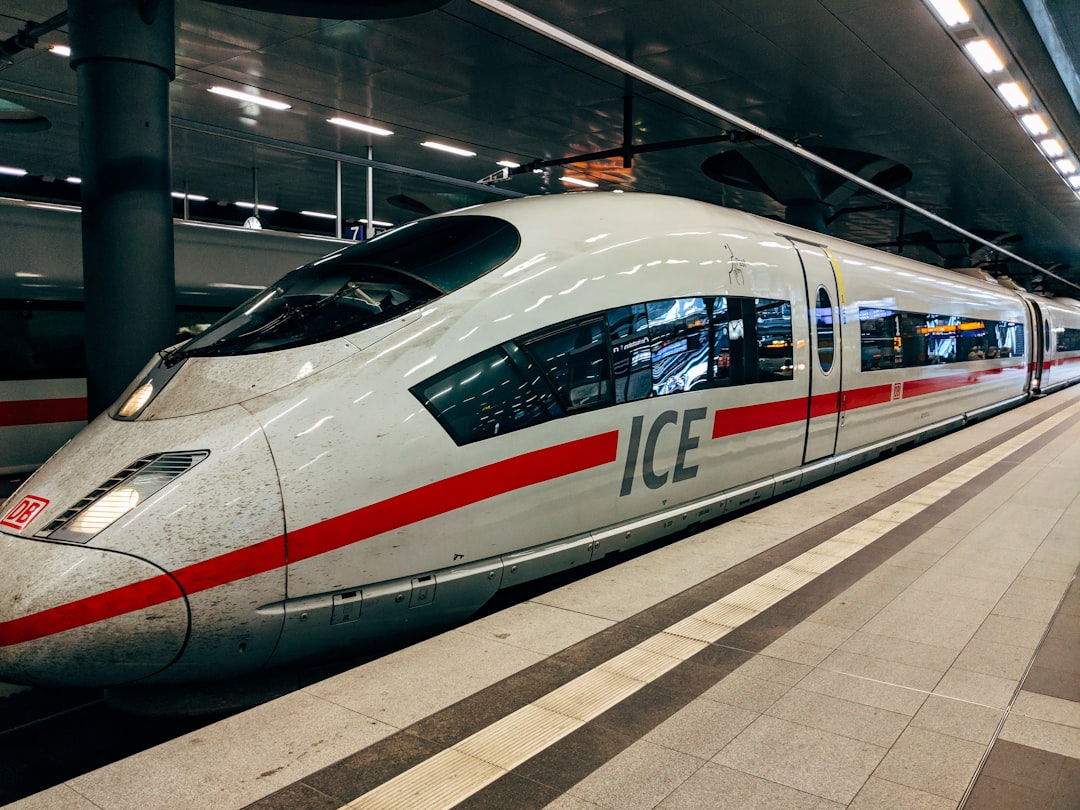Why German trains are always late — and why it won’t change soon
Germany’s rail system is late, expensive and permanently under strain. Why Deutsche Bahn keeps failing — and why more money won’t fix it.

If you live in Germany, you already know this: trains are late so often that “normal service” has become the exception — a symptom of deeper weaknesses in the country’s transport infrastructure. You wake up in the morning, turn on the news and find that all the trains in Germany have stopped running.
Sounds familiar, right?
In January, the train drivers’ union, the GDL, called its members to the longest strike in their history as they hardball negotiations with the state rail company over a pay hike.
For six days, commuters had to squeeze into packed carriages on Deutsche Bahn’s skeleton timetable, or go by car. People travelling intercity had to fly or drive. Freight piled up at logistics centres, or moved to lorry.
The estimated costs ran up to close to a billion euros, economists say.
For anyone who has lived in Germany for a few years and commutes to work, this story is drearily familiar.
Rail strikes are so commonplace these days that January’s historic strike didn’t even lead the evening news when it started.
If it's not train drivers striking, it is the much larger EVG union that represents the rest of the 230,000 staff for Deutsche Bahn, the monolith that owns the country’s entire rail infrastructure and dominates rail services.
Rail is one of the few aspects of German public life where the state still has a monopoly on consumer choice.
And the results are what you would expect for a system stuck in the 1970s.
Even on the days where staff turn up for work, any talk of “normal service” should be put in inverted commas. The infrastructure is outdated and overstretched, meaning that a third of intercity trains arrived late last year.
Missing onward connections is a hazard of everyday life.
Polling shows that 88 percent of Germans think of the word “unpunctual” when asked about Deutsche Bahn; 73 percent associate the company with high prices.
Thus, it is hardly surprising that rail accounts for just 11 percent of all journeys. Cars dominate.
That is a statistic politicians are desperate to change. In the name of tackling climate change, the Scholz government wants to double the number of rail passengers by the end of the decade.
But, the perverse outcome of such pledges is to reward failure.
Deutsche Bahn’s management don’t need to worry about how poor their service is - they know the state will throw more money their way regardless.
Thus, when the rail provider’s debts soared by €10 billion during the pandemic, company CEO Richard Lutz brushed off the bad news with the smug retort that: “We are the vaccine against climate change.”
Since then, the company’s debts have risen further - they now stand at over €30 billion. On top of that, the government props them up with around €17 billion a year, a sum that outstrips Deutsche Bahn's entire income from tickets and infrastructure fees.
Yet, how did the company board reward itself last year when its punctuality figures slipped to an all-time low? With €5 million in bonus payments.
Almost everyone who doesn't work for the company agrees that something drastic needs to change. But what? Does German rail need a further injection of capitalism, or has the drive towards privatisation already gone too far?
What no one is talking about is a more radical proposition: that Germany would be better off cutting its losses and instead focusing on what it does best - cars.
How Deutsche Bahn became a monopoly without accountability
Germany’s Federal Audit Office isn’t known as a theatrical sort of place. But when it reviewed the way money was being thrown around at Deutsche Bahn last year it didn’t mince its words.
Pointing out that the company was accruing €5 million in new debts every single day as it invested in ventures such as drone landing stations, the audit office warned that “the crisis at Deutsche Bahn AG is becoming chronic… fundamental reforms are needed - without a decisive change of direction, the entire rail system will end up being sidelined.”
The solution, the audit office said, is to sell off parts of the enterprise and create an even playing field for private competition. "The state no longer needs to be active on the tracks with its own companies,” the report stated.
The Federal Cartel Office came to a similar conclusion recently. In November, it said that Deutsche Bahn's monopoly of infrastructure meant that "it has many subtle ways in which it can deter competition.”
Most obviously, the state company makes decisions on which infrastructure it will invest in. Is it going to prioritise areas where the competition is trying to gain a foothold, or where it dominates the market?
Flix, the one company that has dared to take on Deutsche Bahn’s dominance of long-distance services, has complained that the state firm wants to "destroy the competition.” Among the tricks Deutsche Bahn uses is refusing to show Flix services on its booking portal, the competitor says.
When not in government, political parties like to call for the company to be broken up. In practice though, no government has dared to undertake radical reform in decades. In the words of the Federal Audit Office the government is “way off getting a grip on the problem” and, since its last assessment, “four more years have been lost."
Bringing back the good old days
Keep reading with a 7-day free trial
Subscribe to The German Review to keep reading this post and get 7 days of free access to the full post archives.


